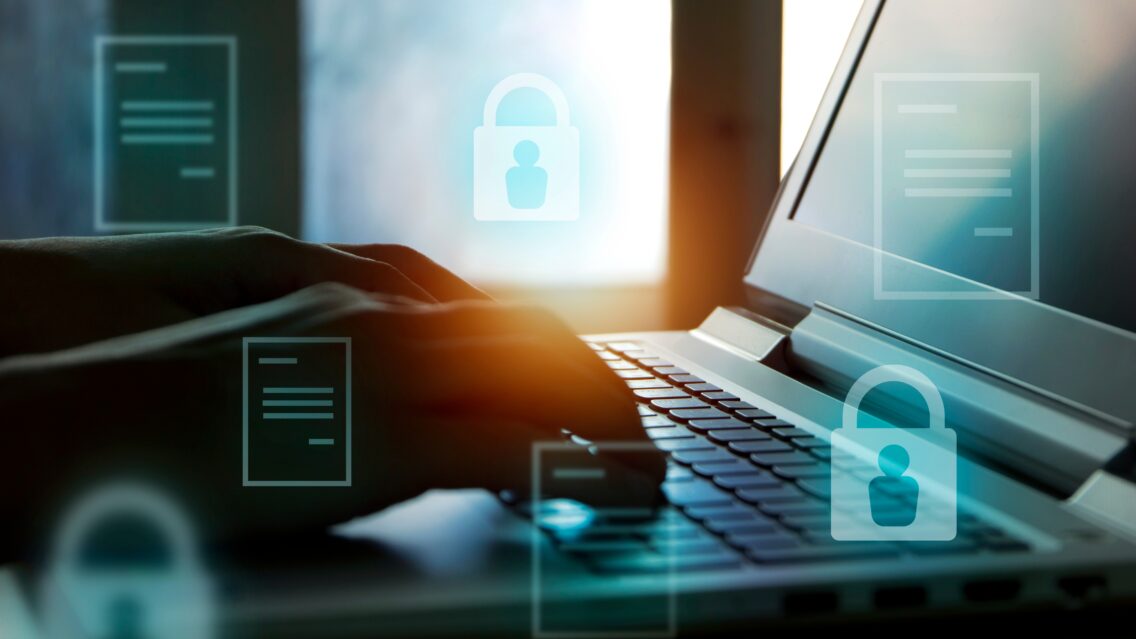In today’s digital world, chances are you know someone who has fallen victim to cybercrime, whether it be hacking, compromise, or crypto attacks. It’s no longer a question of if, but when, someone in your network – a friend, colleague, or business associate – will be targeted by a cyber-attack. Since 2021, global ransomware attacks have surged, with 91% of successful data breaches originating from spear phishing. These attacks often appear as emails from trusted sources, urging recipients to disclose confidential information. Additionally, compromised credentials are the most common attack vector, responsible for more than 20% of breaches. For most businesses, recovering from such breaches can be a costly endeavor, with the average breach costing over $4 million.
What this means is that “we” as users serve as a critical line of defense. While most of us are not IT professionals, we can still play an integral role in protecting our company from an attack. Despite the availability of various security tools, the risk ultimately comes down to someone slipping up and accidentally opening the door for an attacker. Whether you’re the CEO, the CFO, or any other employee, you still possess the ability to allow somebody access to something that should otherwise remain private.
By this point, you might be thinking “I have backups, SPAM filters, and anti-virus,” but the truth is that something could always get past these safeguards. Approximately 7-10% of potentially malicious emails manage to bypass SPAM filters, making human judgment crucial in determining email safety. Although backups are essential, they can still be vulnerable to corruption or require extensive time for restoration, depending on the circumstances. So, how do you ensure you and your employees effectively protect your business? This is where security awareness training becomes crucial. By educating employees on cyber threats, phishing techniques, and best practices for securely handling data, you empower your workforce to defend against evolving cyber threats.
At CompuData, we strongly advocate for security awareness training to empower employees and mitigate risks effectively. That’s why we recommend KnowBe4 as a comprehensive solution to educate users about cybersecurity best practices. Through our experience, we’ve seen firsthand the positive impact of KnowBe4’s training program on enhancing users’ ability to identify and respond to potential risks. From a high-level perspective, we can conduct baseline testing to pinpoint weaknesses, schedule recurring training sessions, and simulate phishing tests to assess training effectiveness. KnowBe4 offers over 12,000 templates ranging in difficulty from 1-5, so there is always room to increase the difficulty as users continue to learn. Don’t wait to become another statistic, reach out to us to learn how you can start educating yourself and your employees today; that next email could be costly.
